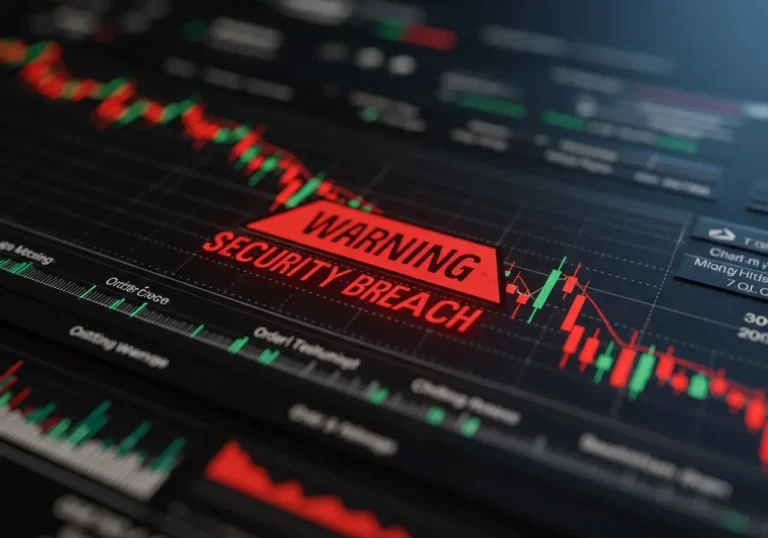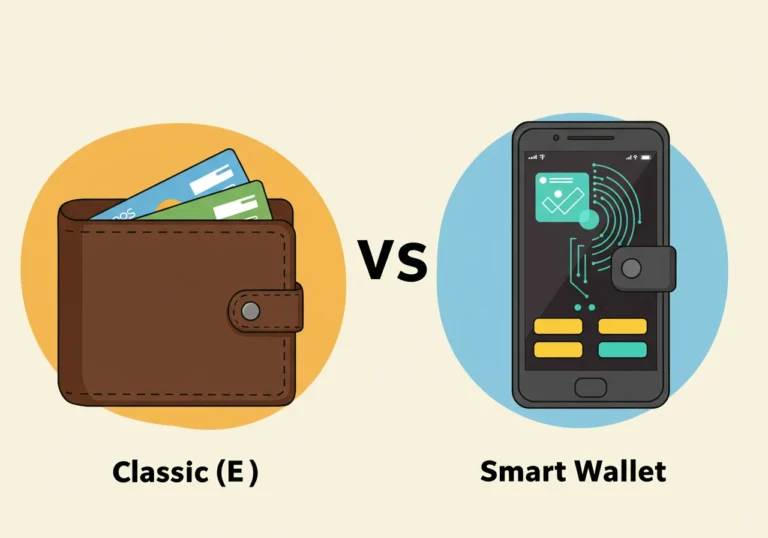BigONE Exchange Hack: $27 Million Stolen from Hot Wallet — What It Means for You
Unlike hacks that hit user reserves or cold wallets, this incident occurred in BigONE’s production network—a supply chain vulnerability that let the attackers withdraw funds directly out of circulation. In response, the company halted deposit, withdrawal, and trading services and pledged to fully compensate user losses from internal reserves, borrowing additional assets to maintain liquidity.

How the BigONE Hack Happened
Here’s what we know:
- A supply chain attack compromised BigONE’s server logic and production environment, giving attackers direct control over withdrawal systems.
- The attackers triggered unauthorized withdrawals from the hot wallet, including Bitcoin, Ethereum, USDT, SOL, and XIN tokens.
- Private keys and cold storage funds remained secure and unaffected.
- BigONE suspended key services, brought in cybersecurity firm SlowMist, and began tracking the stolen coins on-chain.
The incident left many users uneasy—but BigONE’s promise to reimburse losses was a reassuring response, and clearly not all hacks leave customers out in the cold.
Why This Breach Hits a Nerve
This hack highlights how even familiar, established exchanges can be vulnerable—not because of smart contract flaws, but supply chain or backend server weaknesses. It underscores a growing reality: your account safety isn’t just about platforms, but about how well they manage internal systems.
Other key issues:
- Even when exchanges hold customer funds securely offline, vulnerabilities in internal infrastructure can still lead to losses.
- Supply chain attacks are stealthy—unlike phishing or smart contract exploits, they bypass typical firewall protections.
- BigONE’s swift acceptance of responsibility (vowing compensation) stands out—few exchanges take full financial accountability immediately.
What You Should Do Right Now
- Assume your exchange provider has vulnerabilities. Don’t keep large balances in hot wallets.
- Move long-term holdings into cold storage or hardware wallets where you control your private keys.
- Do not rely solely on service promises. Confirm your own security practices: strong passwords, two-factor authentication, and limited trading exposure.
- Monitor any updates from the exchange and cross-check announcements through reputable sources—not only social media.
- Immediately generate withdrawal addresses that are fresh and secure if you regain access—never reuse compromised addresses.
- Check your own devices for malware—especially if you interact with DeFi or exchange platforms regularly.
BigONE’s Response: What They Did Right
- Suspended deposits, withdrawals, and trading as soon as the breach was confirmed.
- Reached out personally to affected users with commitment to reimburse losses.
- Secured unbiased investigation by bringing in cybersecurity specialists (SlowMist).
- Confirmed that cold storage holdings and private keys remained untouched.
- Publicly shared progress and recovery steps—emphasizing transparency.
While no system is perfect, this kind of measured, customer-first response can reduce long-term fallout and restore confidence.
Could This Happen Again? Yes—and Here’s Why
Crypto losses in 2025 are already topping $2.5 billion in just six months. Between smart contract exploits, social engineering, phishing, and supply chain attacks like this one, no platform—or user—is fully immune.
What’s driving a repeat risk:
- Many exchanges and tech providers still operate legacy or under-tested systems susceptible to external compromise.
- Attackers are using increasingly subtle methods to bypass security—supply chain access, insider access, or phishing for internal credentials.
- Even large platforms may have overlooked areas of risk, not usually visible to customers.
The takeaway: Personal responsibility remains key. Regardless of the platform’s size or reputation, your own security habits protect your assets.
Industry Context: Where This Fits in 2025
- ByBit lost $1.5 billion in 2025—still the largest exchange hack to date, attributed to state-sponsored attackers.
- CoinDCX lost $44 million from an internal operational account, similarly insulated from customer cold storage.
- GMX’s DeFi exploit drained $40 million from legacy smart contract pools.
- Total crypto thefts reached over $2.2–2.5 billion in just the first half of 2025—already surpassing the amount stolen in the entirety of 2024.
What all these events share is a reminder: vulnerability isn’t limited to small projects or scams. Even big names face sophisticated threats.
Summary of Key Points
- BigONE lost approximately $27 million via a supply chain hack on its hot wallet.
- Company promises full user reimbursement and paused critical services immediately.
- Cold storage funds remained safe—attack affected only hot wallet infrastructure.
- Reimbursement support is rare—BigONE’s proactive stance sets an example.
- You should move assets offline, clear compromised addresses, and enable strong security practices.
- Hack threats continue across exchanges and protocols—always stay informed and cautious.
Final Thoughts
What happened at BigONE this week is a wake-up call—not just for exchange operators, but for every user. Security isn’t just about passwords or two-factor, it’s about understanding where your platform could break, and taking proactive measures to stay safe.
You don’t need to panic—but do act. Move assets to storage where only you hold the keys. Monitor service updates. Be skeptical of quick rebounds. And remember: your crypto freedom depends on your vigilance as much as platform trust.
Table of Contents

Hello, I’m Edmilson Dias, founder of CoinBringer. I created this platform to guide people through the fast-moving world of cryptocurrency with clarity and safety. With years of research in blockchain and digital security, my goal is to translate complex topics into practical knowledge, offering reliable tutorials, safety insights, and guidance for both newcomers and experienced users.
Discover more from CoinBringer
Subscribe to get the latest posts sent to your email.







